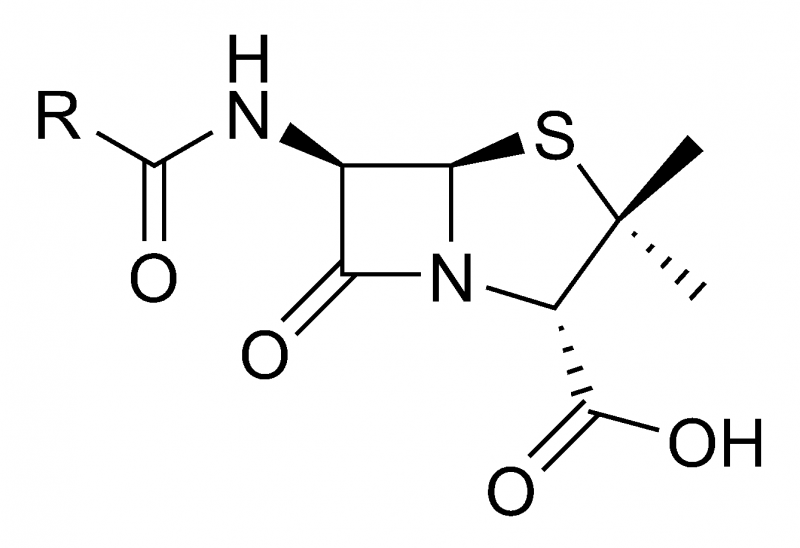A World Without Antibiotics

The WHO found that antibiotic resistance is not a fictitious threat; instead, this is a serious issue that is impacting people of all races, ages, and socioeconomic backgrounds across the globe.
Antibiotic resistence refers to the process by which bacteria evolve to resist the medications modern medicine uses to fight them.
The report comes in the wake of warnings from doctors, universities, and health organizations about antibiotic resistance. Indeed, this is not a new concept. Nevertheless, the WHO's recent findings are bringing a whole new sense of urgency to the issue of antibiotic resistance.
The WHO is confirming that antibiotic-resistant bacteria are increasing at a rapid rate. Before long, these bacteria will render antibiotics -- once considered medical miracles -- essentially useless. Indeed, the WHO is calling for global action, so as to save the effectiveness of antibiotics. Of course, above all else, the WHO advocates disease prevention measures. However, the WHO is also pressuring medical institutions to begin developing new antibiotics as quickly as possible. Indeed, the key is to stay ahead of the antibiotic resistance curve.
"The world is headed for a post-antibiotic era in which common infections and minor injuries which have been treatable for decades cane once again kill," warned Dr. Keji Fukuda, one of the agency's assistant director-generals.
The WHO's report found antibiotic-resistant bacteria in everything from common illnesses, such as pneumonia and gonorrhea, to deadly stomach and intestinal conditions.
Contact Executive Producer Jackie Giordano here.



